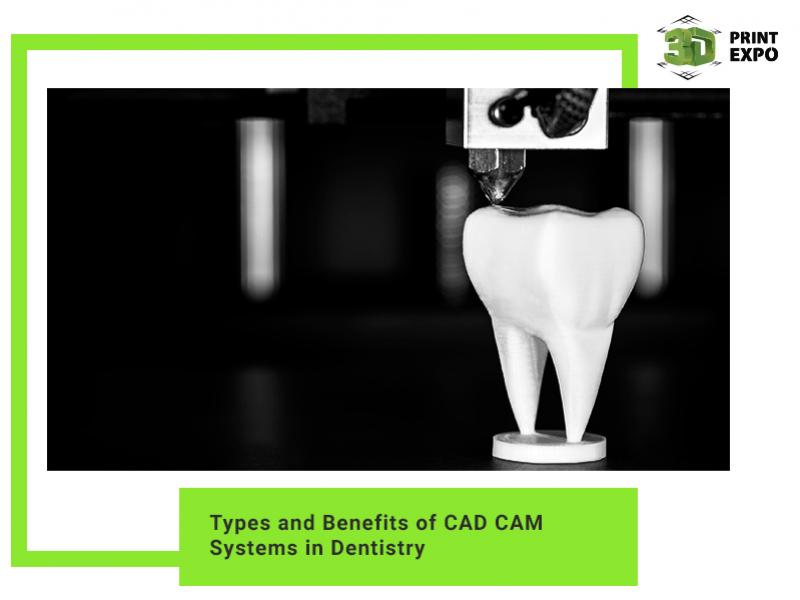President Obama Announces Two New Advanced Manufacturing Hubs

This is the year, apparently, that the United States government will fully embrace 3D printing. The America Makes Institute has already been established and, now, we’ve heard that the White House will host its own Maker Faire this year and that members of Congress have established a Makers Caucus. As if interest in 3D printing technology by those in DC wasn’t already enough, a new digital manufacturing lab will be established in Chicago.
President Barack Obama made the announcement on February 25 that the Department of Defense has awarded $70 million to Chicago-based UI Labs to create the Digital Lab for Manufacturing. $250 million more will be contributed by industry, academia, government and community partners, giving the institution a total of $320 million to get it up and running.
From what I gather, The Digital Lab is not too dissimilar from the America Makes institute, except that it will receive significantly more funding from the federal government. It is led by General Dynamics’ Dean Bartles, who also sits on the board for the National Center for Defense Manufacturing and Machining (NCDMM), the same organization that heads America Makes. Some of the listed partners overlap with those of America Makes and, when they don’t, they still share similar spaces in industry. They include: Rolls Royce, Dow Chemical, Procter & Gamble, General Electric, General Dynamics, Lockheed Martin, Honeywell, Rockwell Collins, Microsoft, Boeing, Autodesk and 3D Systems. There are also a number of universities and local government agencies listed as partners, such as the University of Chicago, University of Texas at Austin, Notre Dame, Madison and more. The Digital Lab is introducing an interesting new concept called the Digital Manufacturing Commons (DMC), an open source online software platform “for real-time design and manufacturing collaboration” that “allows users to share data during the design-make process and across the product life cycle,” according to the Digital Lab’s website.
Rep. Foster, a scientist and businessperson with over 20 years working as a high-energy physicist and particle accelerator designer at Fermi National Laboratory, helped push the foundation of the new institute. Foster, along with a number of other members of Congress, wrote a letter to Chuck Hegel, US Secretary of Defense, requesting that the new institute be established by UI Labs in Chicago. He had this to say:
This is a tremendous opportunity, not just for Chicago, but for all of Illinois. As a scientist and businessman, I have seen firsthand how digital manufacturing can spur growth. The Digital Lab will provide opportunities for manufacturers to develop and expand new technologies – re-invigorating manufacturing in Illinois, creating new jobs and growing our economy. As someone who started a high-tech firm that provides hundreds of good manufacturing jobs in the Midwest, I know there are two ways to compete. We can race to the bottom with low wages and benefits, or we can race to the top with high skills and technology. With the creation of the Digital Lab, Illinois is competing in a race to the top.
In addition to the digital manufacturing institute, President Obama also announced the formation of a facility devoted to the development of new lightweight and modern metals. The Lightweight and Modern Metals Manufacturing Innovation – or LM3I – Institute will leverage the leadership of EWI, an organization consisting of 60 members that research and manufacture aluminium, titanium and high strength steel, among other metals. The LM3I Institute will be based in Detroit and receive $70 million from the Department of Defense, as well. You can watch a video about the institute below:
The President also announced the launch of a new contest for an advanced composites institute, the first of four contests to take place this year. Along with America Makes and the other Innovation Hubs being established in the National Network for Manufacturing Innovation (NNMI), it looks like the United States is attempting to compete against the rest of the world at high tech manufacturing. In the past, the country has attempted to maintain its research in the US, while outsourcing its manufacturing to other countries, like China. If Rep. Ryan is right, it’s possible that these hubs will ensure that manufacturing takes place close to these research hubs.
Unfortunately, I never had an opportunity to ask the Congressperson about something I’d read in the original PCAST report by the Advanced Manufacturing Partnership (AMP) Steering Committee that called for the NNMI. In the AMP Steering Committee – which includes the CEOS of Dow Chemical, Honeywell, Procter & Gamble, Caterpillar, and other Digital Lab partners - report, the authors suggest that, in addition to establishing the NNMI, the United States should “improve trade policy” with methods similar to the TransPacific Partnership, saying, “TheTransPacific Partnership (TPP) is an example of a high -standard, ground-breaking negotiation that will cover new emerging barriers for cutting- edge technologies, promote regulatory coherence, address competition with state-owned enterprises, and provide a template for economic integration across the Asia-Pacific region.” Many of the TPP’s opponents have called the trade deal “NAFTA on steroids”, implying that, among other things, the deal will result in a similar outsourcing of jobs as seen with NAFTA. It remains to be seen if the TPP will even be railroaded through Congress through the passing of the Fast Track Bill or if these new hubs will have anything to do with the TPP, but it is something worth considering when you see the history of the NNMI and the corporate members of the Innovation Hubs.







